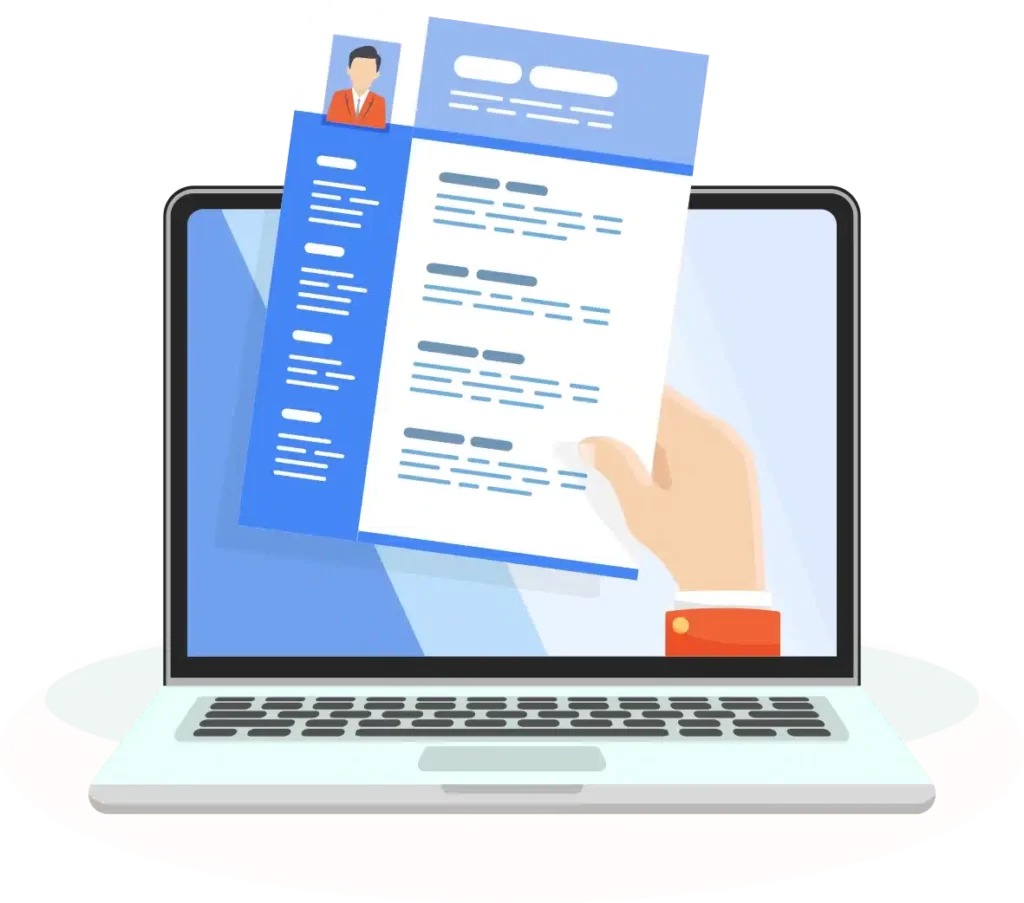Do I Need to Pass a Language Test to Work in the Netherlands?
The Netherlands, known for its picturesque landscapes, rich history, and tolerant society, has become a popular destination for expatriates from around the world. With a growing economy and numerous multinational companies, many seek opportunities here, leading to a common question: Do I need to pass a language test to work in the Netherlands?
In this article, we will explore the role of language proficiency in securing job opportunities within the Netherlands, detailing the necessary qualifications, types of language requirements, and recommendations for prospective employees. Whether you are considering moving to the Netherlands or are already in the process of making the transition, understanding the language landscape is crucial.
Understanding the Language Landscape in the Netherlands
The Role of English in the Dutch Job Market
One of the defining characteristics of the Netherlands is its high level of English proficiency. According to the EF English Proficiency Index, the Netherlands consistently ranks among the top countries for English speakers worldwide. This is particularly true in urban areas and among younger generations, where English is frequently used in business settings and daily communication.
While many companies, especially in sectors such as tech and international business, operate primarily in English, understanding Dutch can still be advantageous and, in some cases, necessary. Many local firms will expect at least a basic understanding of Dutch, especially those that serve local customers or clients.
Dutch Language Requirements by Sector
Language requirements can vary significantly depending on the sector in which one seeks employment. The following subsections provide insights into different industries and their specific language needs.
1. International Companies
In international companies, English usually serves as the working language. Positions in technology, finance, and consulting often do not require Dutch proficiency. However, having conversational Dutch can be beneficial for building relationships and integrating with colleagues.
2. Local Businesses
For local businesses and small enterprises, particularly in service-oriented sectors such as hospitality, retail, or healthcare, a proficiency in Dutch is often mandatory. Many of these roles involve direct customer interaction, where understanding the local language becomes essential.
3. Government and Public Services
When applying for positions in public services, such as the government or healthcare, a strong command of the Dutch language is typically required. Public-facing roles often necessitate a level of proficiency sufficient to communicate effectively with Dutch citizens and adhere to legal regulations.
Language Tests and Certifications
Common Language Proficiency Tests
If you are required to demonstrate your language skills of either Dutch or English for a job application, various tests and certifications can support your qualifications. Here are some of the most commonly recognized.
1. Dutch as a Second Language (NT2)
The NT2 (Nederlands als Tweede Taal) is the official test for non-Dutch speakers who wish to prove their Dutch proficiency. It is divided into two programs: Program I is aimed at those who want to enter vocational education or work at a basic level, while Program II targets those looking for higher-level professional jobs.
2. Cambridge English Qualifications
For English speakers, the Cambridge English qualifications provide a range of tests, such as the B2 First or C1 Advanced. Many employers accept these certificates as evidence of English proficiency, making them a valuable asset during the job application process.
3. IELTS and TOEFL
The International English Language Testing System (IELTS) and the Test of English as a Foreign Language (TOEFL) are also accepted by many institutions and companies in the Netherlands. Their scores can be used to showcase proficiency among various levels and are particularly useful for academic settings.
Recommended Certification Approach
When considering which language test to take, it’s essential to evaluate your career goals and the requirements of your desired job sector. Here are a few recommendations:
- Research Desired Positions: Examine job listings in your field of interest to identify any specific language requirements.
- Prepare for Tests: Invest time in preparation; there are various online resources and courses dedicated to language certification.
- Practice with Native Speakers: Engaging in conversation with native speakers through language exchanges or social groups can bolster language skills substantially.
The Importance of Language in Integration
Building Relationships
Language is an essential tool for building relationships, both personally and professionally. An understanding of Dutch can enhance your ability to network, make friends, and create social ties in your new country. For instance, participating in local events or community activities often requires language skills that can foster connections.
Cultural Insight
Proficiency in the local language not only enables effective communication but also provides insight into cultural nuances and social dynamics. This cultural understanding can impact professional success, as it allows for better interactions with colleagues and clients alike. Ultimately, being able to communicate in Dutch can provide you with a more enriching experience during your stay in the Netherlands.
Recommendations for Language Acquisition
Here are some effective strategies for acquiring the Dutch language:
- Language Schools: Enrolling in local language schools can offer structured learning environments and access to qualified instructors.
- Mobile Applications: Language learning apps such as Duolingo, Babbel, and Rosetta Stone can provide an interactive way to build vocabulary and grammar skills.
- Local Events: Join local clubs or meetups that cater to expatriates and Dutch speakers. Engaging in conversations in a comfortable setting can significantly enhance your language capabilities.
Concluding Thoughts
Navigating the complexities of language requirements in the Netherlands can seem daunting, but it is vital for your professional journey. While many international companies operate in English, proficiency in Dutch can open doors, especially when dealing with local businesses or public sector roles.
To maximize your employment prospects, assess the specific language requirements in your desired industry and prepare accordingly, whether through language tests or practical engagement with the Dutch language.
In connection with your job search, remember that having a well-crafted CV is equally essential. We offer a highly effective CV template based on the Harvard model, along with guidance and recommendations on how to write it effectively. This resource can help you stand out to potential employers.
For more information and to download our template, visit Cursos2cn.com.
With the right approach to language and an effective CV, you'll be well on your way to achieving success in your career in the Netherlands.





